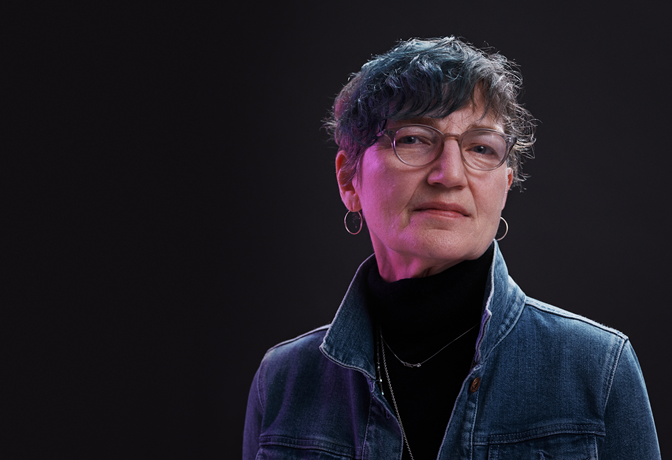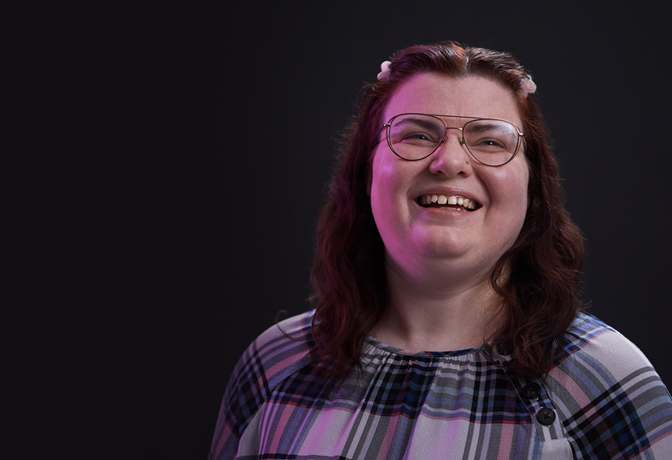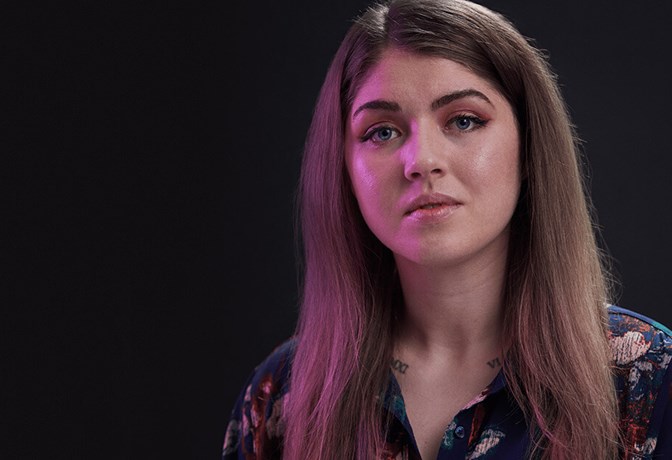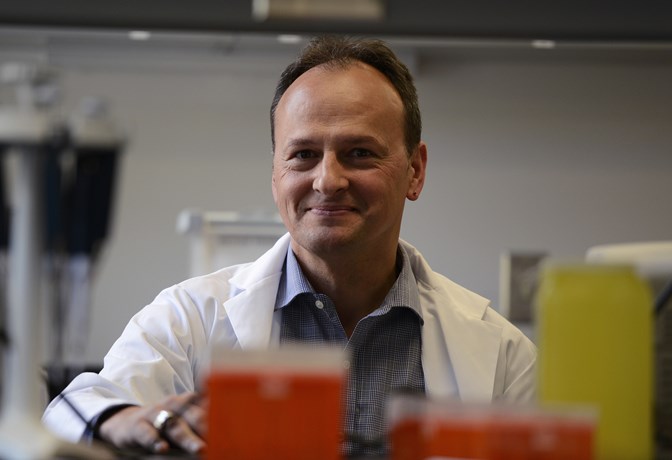To best illustrate what precision medicine is and why it is the future of research and care at CAMH, let’s take a brief look at how imprecise the state of treatment for youth mental illness can be.
We know from previous research that 75 per cent of youth who go on to develop psychosis had sought mental health treatment in the previous three years. But only five per cent of them showed any overt symptoms of psychosis before it emerged. Are there signs and symptoms that can be detected early enough, if we only knew what they were, that would make possible more personalized and effective treatments that could stop serious mental illness before it starts? Can we actually prevent psychosis?
According to Dr. Aristotle Voineskos, Vice President, Research at CAMH and one of the many investigators for the Toronto Adolescent & Youth (TAY) Cohort Study, the answer is a resounding “yes.”











